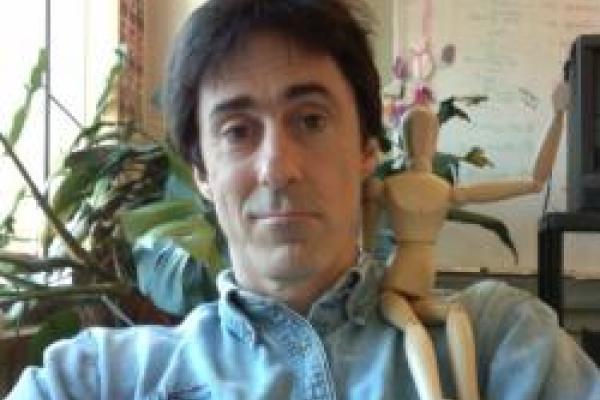
Ohio State University offers a one-semester course on the Physics of Sports, which satisfies a GEC science
requirement of all students. Scholarship athletes, business and liberal arts majors make up the majority of the
~80 students enrolled in the class, though interested sports enthusiasts from more technical fields join as well. The class is far from the "Physics for Poets" type of course that some expected, leading to some initial math-and science-anxiety. It is gratifying when some of this anxiety is replaced by a self-confidence in many students that they can, indeed, handle and appreciate a “real” mathematical science course on material they already enjoy. While the underlying physics lies of course squarely in the realm of classical mechanics, and familiar topics must be covered, the course aims to be unique— not simply a standard classical mechanics class with sports examples. I will share some specific lessons learned and insights gained while developing and implementing this course over the past five years.
This talk does not present physics education research, but rather relates the personal experiences of a nuclear
physicist teaching his first outreach course.
